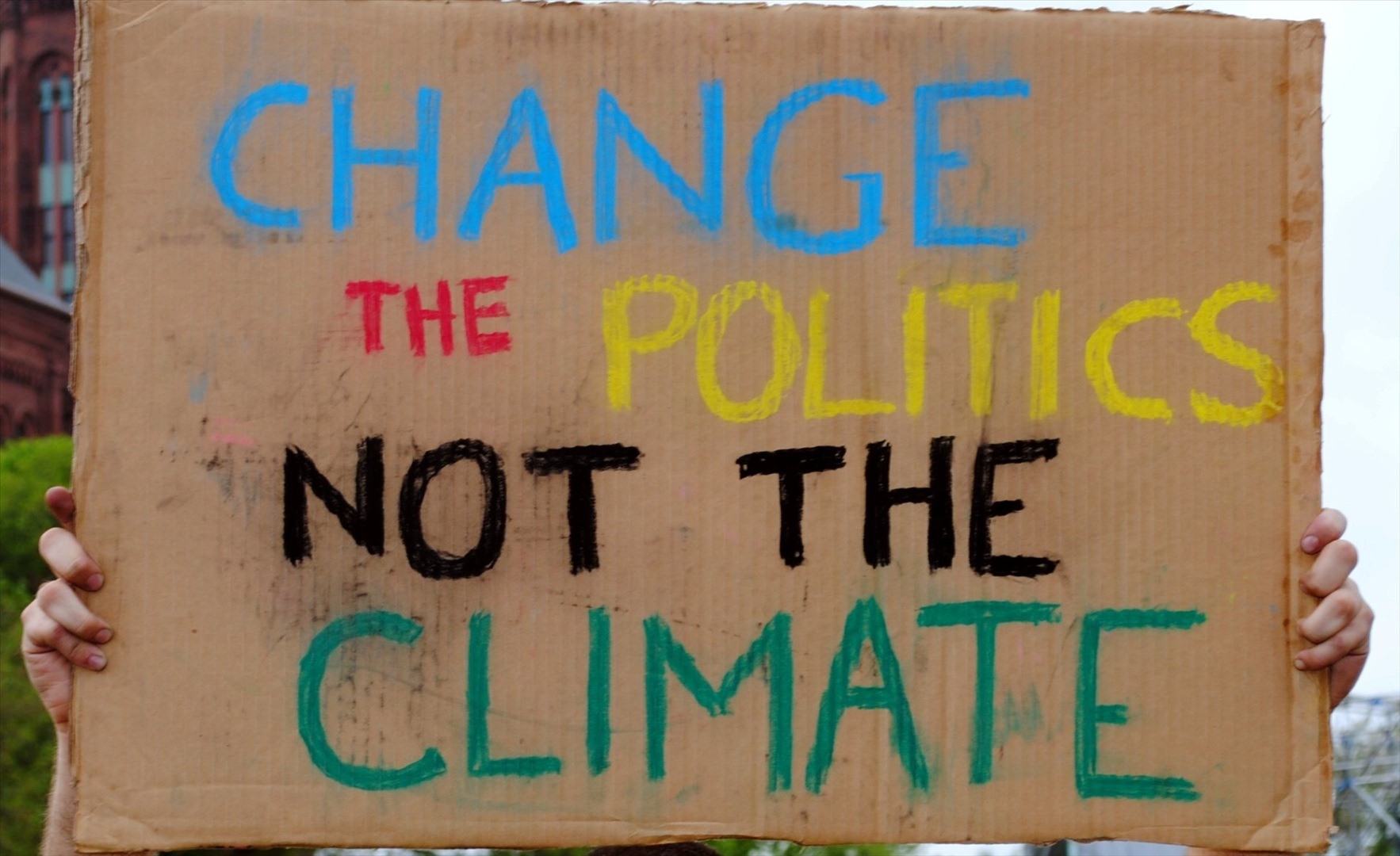Climate change is pre-eminently a political project. The behaviour of humans under the influence of politics is irrefutably fundamental in discussing why it has taken over 20 years to call for climate action through sustainable development with other barriers including public perceptions and economics.

Politics in the
1980’s, at the time of the ascension of the concept of sustainable development,
featured very differently from today. Almost 1/3 of the world’s
population were
living communist regimes. By 1990, most of
these communist regimes had fallen away to make place for democracy. Alesina et al (1996), investigated
the effect of these political instabilities on economic growth and found it to
be hindered with decreased investment. Thereafter however, economies boomed and
GDP per capita increased. With it, came privatisations as well as selfishness -
a tragedy of the commons if you like. This was largely a result of the
advocation of a consumptive way of life, 'necessary' to grow economies. People
lavished in the abundance of everything, life was 'better' and countries with
consumptive dominance were, and to date, are probably the most powerful. But
because of this selfish trait and the realisation of how finite our resources are,
this is changing. Our recent past has lead us down a path of self-destruction
and as we exceed environmental thresholds, quality of life has become worse.
 |
| Nauru, formerly known as Pleasant Island, represents very little today of its past life as a tropical micronesian island as a result of over exploitation endorsed by their government. The barren island is now a refugee detention centre for asylum seekers wishing to enter Australia. |
The island of Nauru is a textbook example of this as it mined and sold its phosphate interior to overseas markets, isolating islanders to the shores. Previously, Nauru was one of the wealthiest economies in the world, the importation of fresh goods as a trade off for less agricultural land during which time, was no issue. But as deposit diminished, the country discovered that the remaining area was baron and unsuitable for agriculture. The result locked Nauru into mining for income until there was nothing left to mine. As sea levels rise, Nauru's shores began being reclaimed by the ocean and the people of Nauru found themselves in a downward spiral where their livelihoods and once productive island ceased to exist. Had they promoted their country as a tourist destination, offering ecotourism through their coral reefs and white beaches, this would be a different story to what it is today. The point to make here, it that the way a country develops comes down to political instruction and with diminishing resources, politics are scrambling to ensure their existence in the future.
Consumption is no longer the measure of power, preserving quality of life and access to life depending resources is, which is why we are now seeing climate action. Hundreds if not thousands of case studies support the argument that action is only accomplished when the quality of human life is negatively affected. The air quality protests in China which resulted in policy change and increased investment in renewable energies; the ban of the Dakota oil pipeline to ensure water security and the reduction of global sulphur emissions as a result of acid rain are just a few examples.
Of the life depending resources, fresh water is likely to shape future politics. By 2050, 67% of the worlds population is expected to live in water scare areas, by which time, the population will be approximately 9.5 billion people (based on median estimates). Currently, agriculture is the largest single user of fresh water. If these projections hold true, a country's ability to sustain itself will depend on how its leaders manage their water supplies. This debate epitomises the complexity of poor governmental management in the past for the ability for a country to survive, retain allies or make enemies has never been so dependant on a single commodity. Perhaps as a result, politics will forever, continue to be a barrier to a green future.
 |
| As climate change threatens water supplies, will allies become enemies as political power shifts from those who have financial power to those that have resource control? |
No comments:
Post a Comment